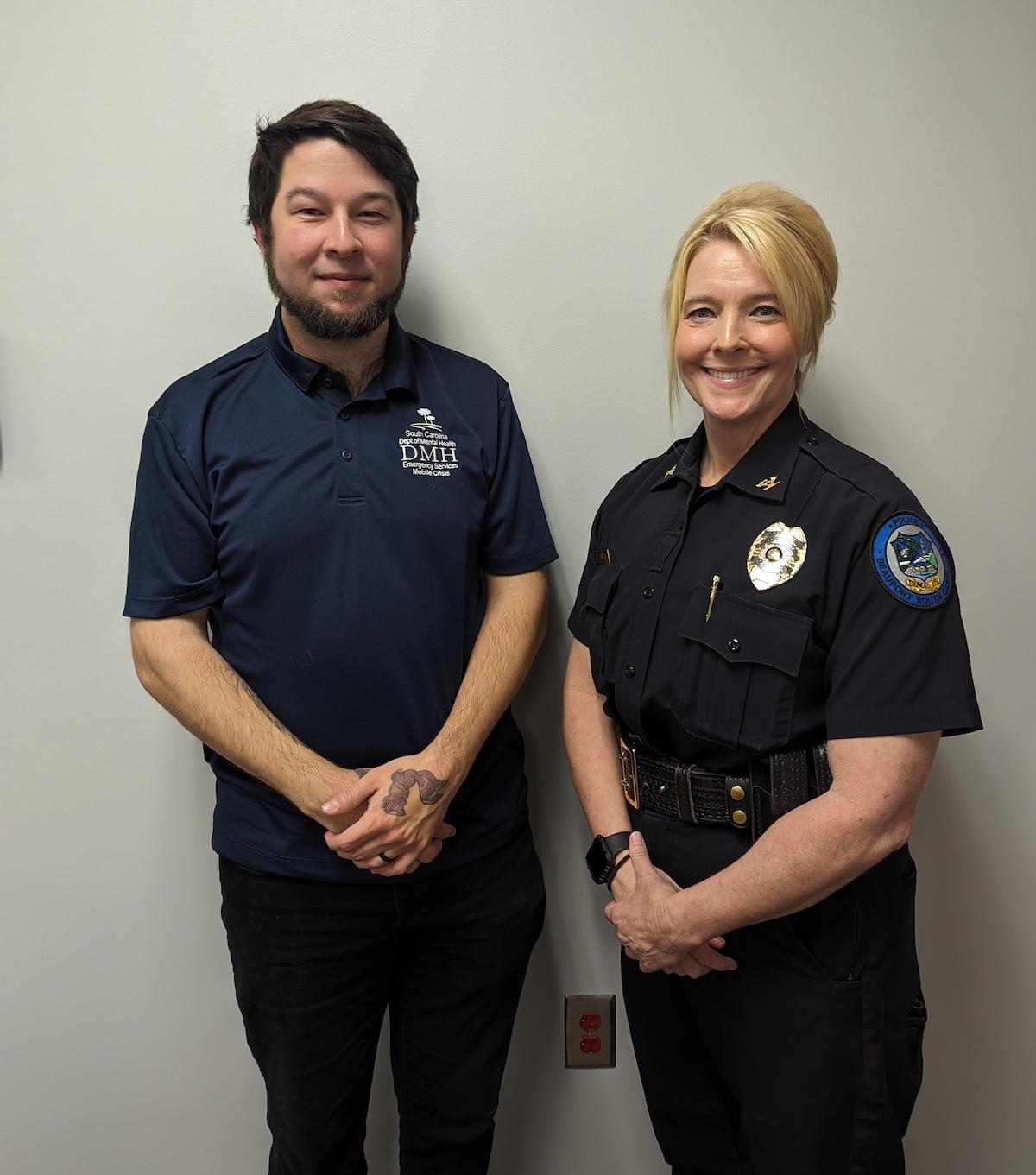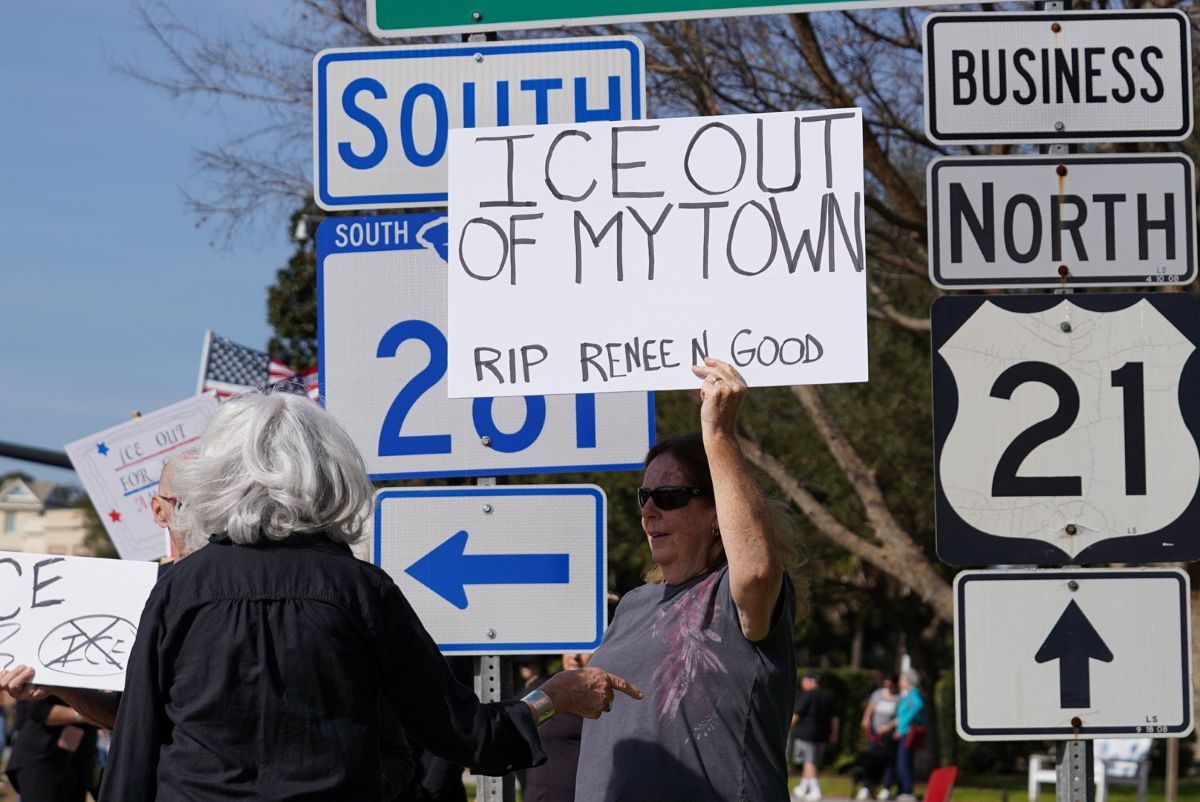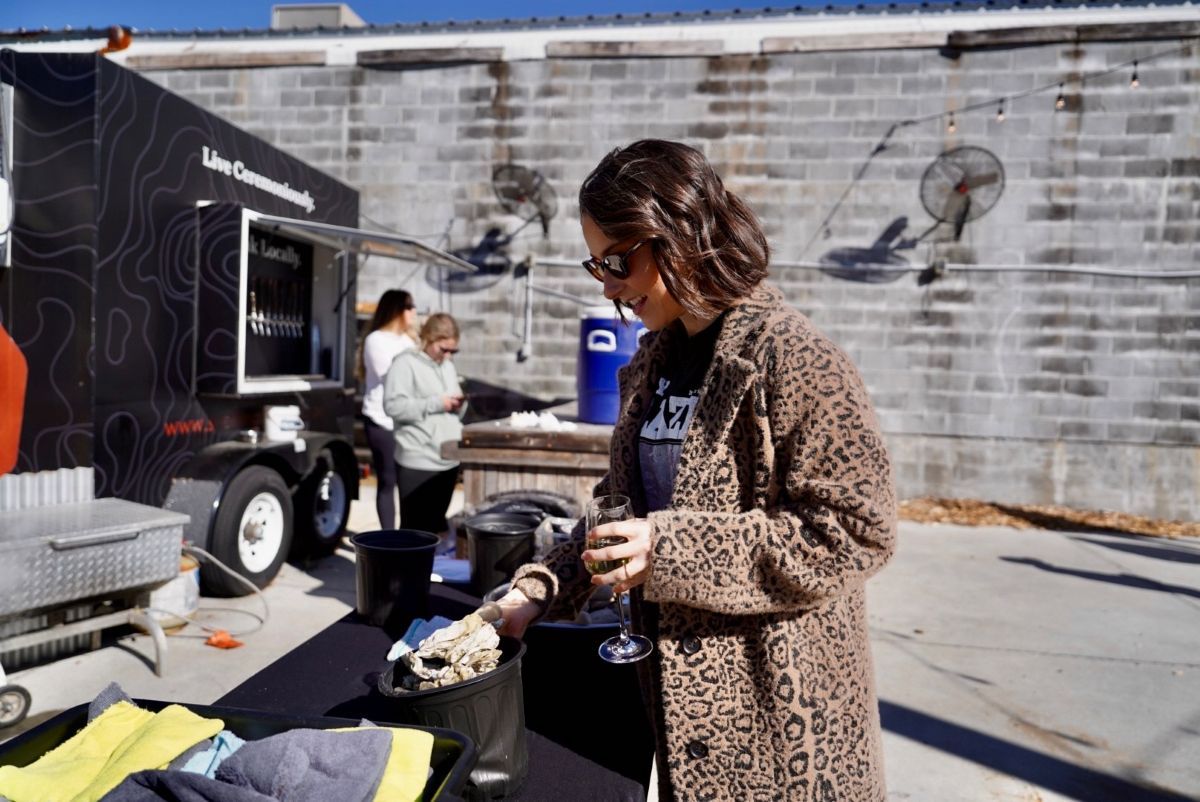From staff reports
The Beaufort Police Department has announced that it has partnered with Coastal Empire Community Mental Health to hire a mental health advocate who will train officers to better work with people in the community facing a mental health crisis, and will team up with police officers to respond to those in crisis.
The advocate, Paul Watkins, will at times be embedded with officers on calls, and will be available to offer help and resources to someone in crisis.
“Through training and guidance, he’ll equip our officers with the tools and insights necessary to address mental health issues effectively and empathetically, fostering a stronger connection between our department and the community we serve,” Interim Chief Stephenie Price said in a news release.
Watkins has a Bachelor of Science in Psychology, a Master of Science in Professional Counseling, both from Grand Canyon University, and more than two years of counseling experience. He is a clinician with the Coastal Empire Community Mental Health Center, and is on contract to the Police Department.
Watkins’ role will include:
- Riding along on calls with officers to provide a mental health perspective and advocacy role in the field when they are responding to mental health crisis and calls or cases that involve mental health.
- Follow-up with families after major crimes to offer help and services through the clinic.
- Provide training and information to officers and the department acting as the liaison between DMH/Coastal Empire Community Mental Health and the department.
- Provide debriefing to officers and mental health services to them as they need and request.
“Paul’s role goes beyond mere support; he will serve as a crucial bridge between our officers and individuals experiencing mental health crises,” Price said. “His presence will ensure a seamless collaboration between law enforcement and mental health resources, ultimately enhancing the effectiveness and empathy of our response to such situations.
“This service ensures that mental health resources are readily available to our community both preemptively and throughout the treatment process, starting before a crisis event occurs,” Price added. “A significant portion of individuals experiencing mental health crises cannot afford to wait for an appointment, are unsure about how and when to seek help, and often feel marginalized. Our mental health advocate aims to provide services promptly and conveniently, working alongside law enforcement to identify individuals in crisis and those who could benefit from clinician support.”







